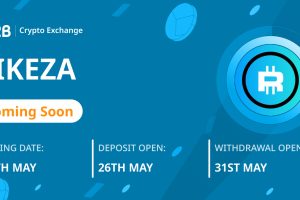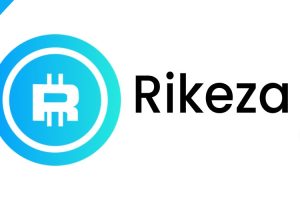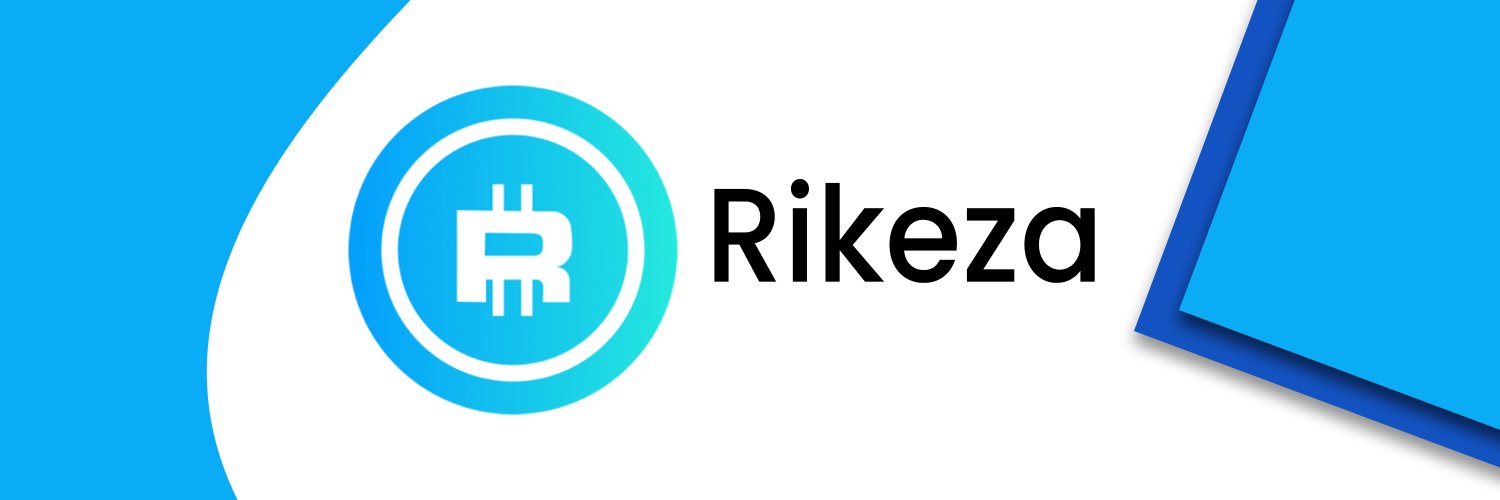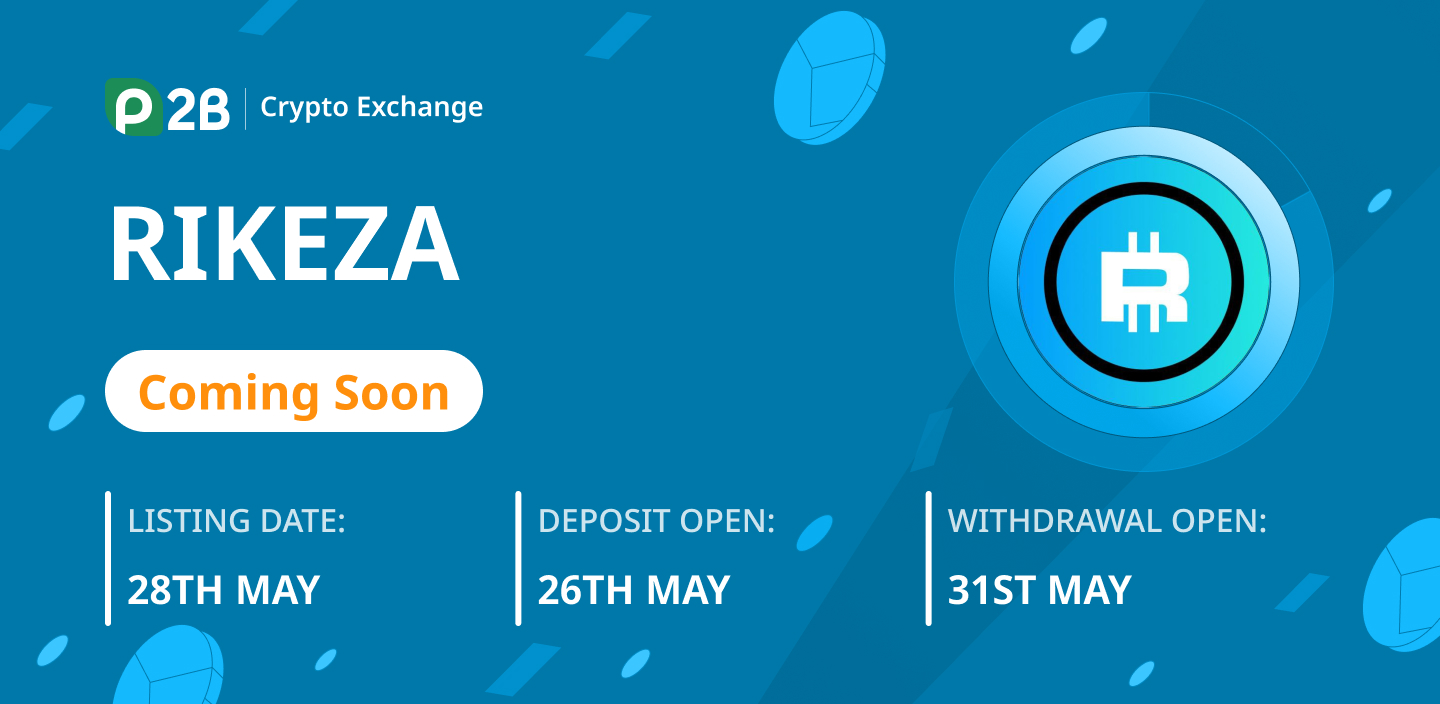Introduction:
Blockchain technology has revolutionized various industries, and its impact on finance and banking is undeniable. Among the emerging blockchain platforms, Rikeza Blockchain stands out as a powerful tool for empowering financial inclusion and enabling transparent transactions. In this article, we will explore the key features and potential applications of Rikeza Blockchain, highlighting how it is reshaping the future of finance.
1. Understanding Rikeza Blockchain:
Rikeza Blockchain is a decentralized, open-source blockchain platform that aims to create a secure, transparent, and efficient ecosystem for financial transactions. Built on the principles of decentralization, immutability, and cryptographic security, Rikeza Blockchain offers a range of features and functionalities that address the limitations of traditional financial systems.
2. Enhanced Security and Transparency:
One of the core advantages of Rikeza Blockchain is its enhanced security and transparency. Transactions recorded on the blockchain are cryptographically secured, making them tamper-proof and resistant to fraud. The decentralized nature of the network ensures that no single entity has control over the system, making it transparent and resistant to censorship.
3. Financial Inclusion:
Rikeza Blockchain holds immense potential for promoting financial inclusion, especially in underserved regions. With traditional banking systems often inaccessible or impractical for many individuals, Rikeza Blockchain provides a decentralized financial infrastructure that allows anyone with an internet connection to access financial services. This inclusivity can empower the unbanked and underbanked population by providing them with opportunities for secure savings, payments, and access to credit.
4. Smart Contracts and Decentralized Applications (DApps):
Rikeza Blockchain supports smart contracts, which are self-executing agreements with predefined conditions. Smart contracts eliminate the need for intermediaries, reducing costs and enhancing efficiency in various financial processes such as lending, insurance, and supply chain management. Additionally, Rikeza Blockchain enables the development of decentralized applications (DApps) that can revolutionize various sectors, including finance, by leveraging the transparency, security, and efficiency of the blockchain.
5. Cross-Border Payments and Remittances:
The traditional cross-border payment systems are often slow, costly, and prone to intermediaries. Rikeza Blockchain has the potential to streamline and revolutionize cross-border transactions by reducing fees, increasing speed, and eliminating unnecessary intermediaries. This can significantly benefit individuals and businesses involved in international trade, remittances, and global financial transactions.
6. Tokenization and Asset Management:
Rikeza Blockchain allows for the tokenization of assets, enabling the representation of real-world assets, such as real estate or commodities, in a digital form. This tokenization provides increased liquidity, fractional ownership, and efficient asset management. It opens up new possibilities for investment, democratizing access to traditionally illiquid assets and creating opportunities for fractional ownership.
Conclusion:
Rikeza Blockchain is emerging as a powerful platform with the potential to transform the financial landscape. By leveraging its decentralized nature, enhanced security, transparency, and smart contract capabilities, Rikeza Blockchain empowers financial inclusion, facilitates cross-border transactions, and enables efficient asset management. As the technology continues to evolve, we can expect Rikeza Blockchain to play a vital role in shaping the future of finance, creating a more inclusive, transparent, and accessible financial system for all.



